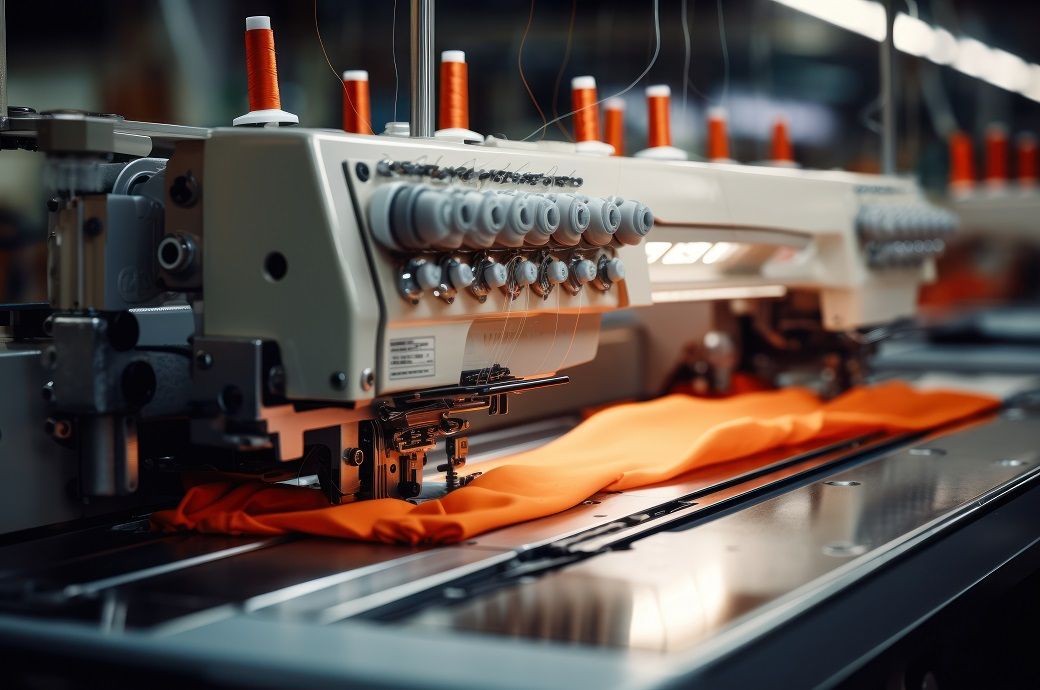
These agreements are viewed as critical tools by EURATEX for reinforcing the competitiveness, resilience and long-term sustainability of Europe’s textile and apparel industry.
As a highly globalised sector, the European textile and apparel industry exports over $**.* billion worth of goods annually, with small and medium-sized enterprises (SMEs) accounting for more than half of that value. With intensifying global competition—particularly from China—and increasing geopolitical volatility, the EU must secure more diversified and strategic trade relationships.
Receive daily prices and market insights straight to your inbox. Subscribe to AlchemPro Weekly!